We are thrilled to share that our Squirrel Monkeys are now officially on display in their purpose-built habitat, Saimiri Ruins, marking the culmination of a journey that has been years in the making. Early on the morning of Tuesday, 22 December, the radio call finally came through: “Attention all stations, attention all stations. We will now move the Squirrel Monkeys to their new habitat.”
Rooted in Purpose
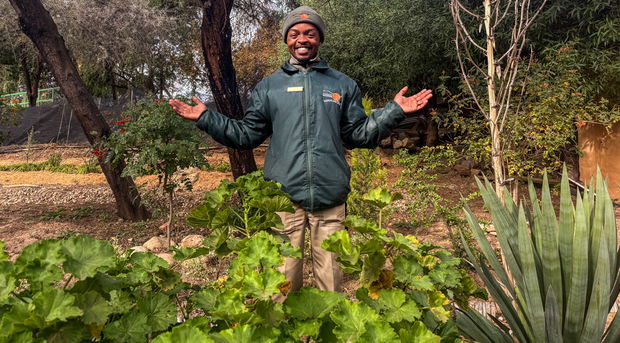
At the heart of our facility, where conservation meets education and Karoo dust meets determined hands, a new seed has taken root — and his name is Tsepiso Marenene.
💬 Where did your passion for gardening and sustainability begin?
I was born and raised in Mossel Bay but now live in Oudtshoorn. Growing up, I visited nature reserves like Gondwana and the Seweweekspoort Mountains, and that’s where my love for the natural world really began. I’ve always been curious, I enjoy observing how things grow, how systems interact. Later, I connected with a woman named Kathryn Eybers from the De Rust Permaculture Farm. She became my mentor and introduced me to permaculture. That changed everything for me.
💬 Tell us a bit about the garden project at Bongolethu Primary. How did it come about?
I started there as a casual worker. When the ABSA garden project began, I was the only person recommended to maintain it. I wanted the garden to be more than just a space, I wanted it to teach, feed, and inspire. I worked with the learners to develop it from the ground up. We practiced companion planting, used mulch to retain water, installed a drop-by-drop irrigation system, and built everything using local and natural resources. I used the 12 Permaculture Principles to guide how we approached each part of the garden.
💬 What was it like receiving national recognition for the project?
Honestly, it was surreal. I was proud of what we’d created, but seeing the learners’ faces when we won - that was the real reward. The garden gave them confidence, skills, and a sense of ownership. Some of them even started growing vegetables at home with their families. That’s how change spreads.
💬 How do you think gardening can impact education?
It’s incredibly powerful. Gardening boosts learners’ performance because it engages them in something real. It improves their self-esteem and well-being. They’re not just learning from books — they’re learning from life, from nature. They develop technical skills, teamwork, and most importantly, pride in something they’ve helped create.
💬 What inspired you to join Cango Wildlife Ranch?
I’ve always respected the work that happens here — the mix of conservation, education, and care. When I saw the opportunity to join the team, I knew it was the right step. I wanted to bring my skills to a space where they could have an even broader impact, and where I could also keep learning.
💬 What are your hopes for your role at the Ranch?
I’d love to help start our own nursery where we grow from seed to seedling. I also have a long-term dream of introducing a biochar and charcoal briquette project to support gardens in rural communities. I want to use what I’ve learnt to help Cango become even more self-sufficient — and to keep showing people how powerful a garden can be.
💬 Favourite plant to grow?
Lavender. It’s hardy, beautiful, and attracts pollinators.
💬 Complete the sentence: To start a garden is...
...to believe in tomorrow.
💬 If your life were a plant, what would it be?
A bamboo tree — because it’s resilient, grows quickly, and adapts. Just like I try to.
Further Reading
Earlier this week, we quietly opened the doors to something new at Cango Wildlife. Tucked away from the bustle of pathways and enclosures, The Explorium is a small space with a big purpose. It is a place to pause, reflect, and connect more deeply with who we are and why we do what we do.
Over the past month, births, rescues, rehabilitation efforts and on-site projects have brought renewed life and purpose to Cango Wildlife, making this festive season a powerful reminder that the most meaningful celebrations are often marked by new life and second chances. A baby boom has swept through the facility, and as Christmas has passed and the year draws to a close, these arrivals stand as a symbol of hope, care and continuity...


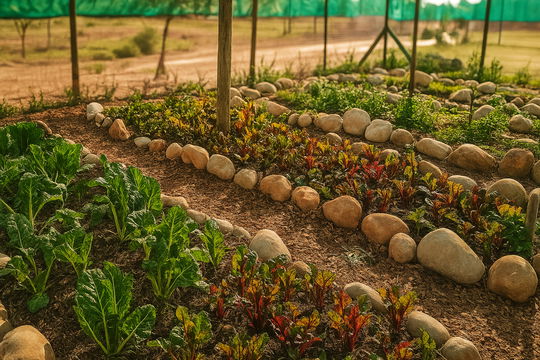
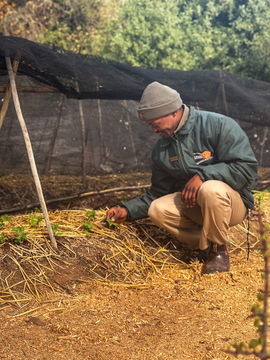
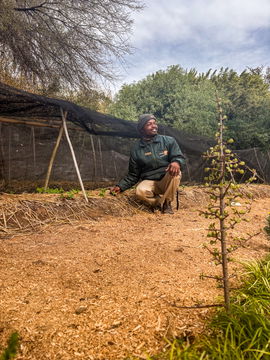
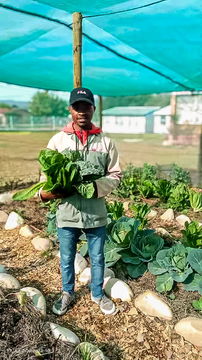
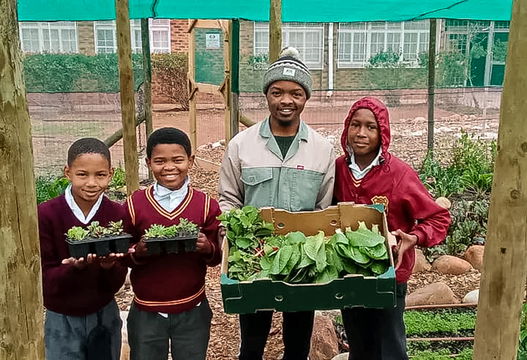
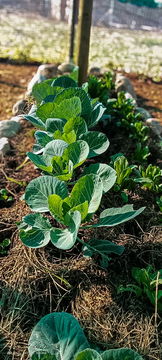
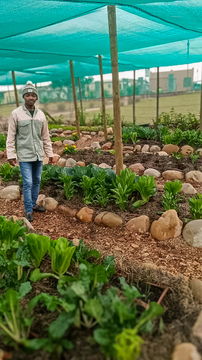
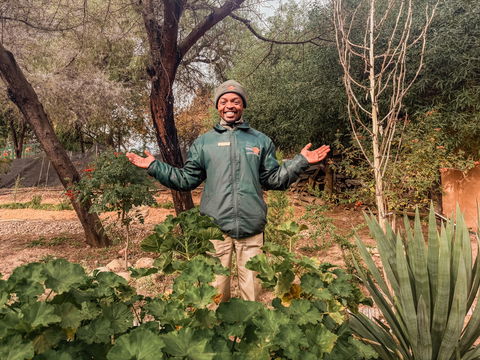










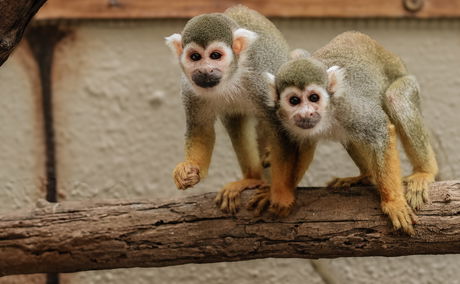
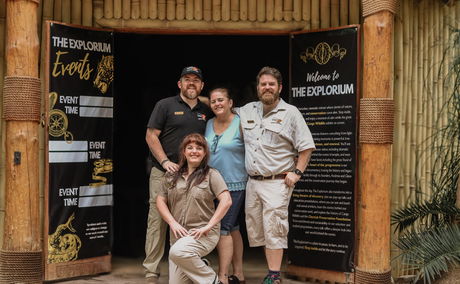
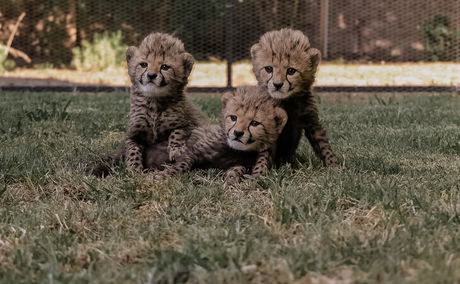
Share This Post